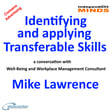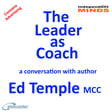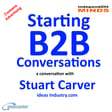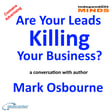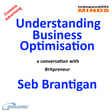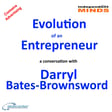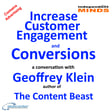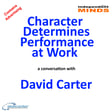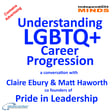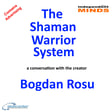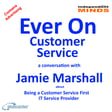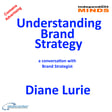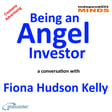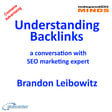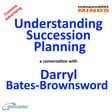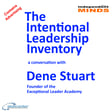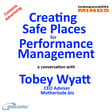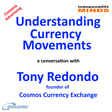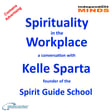
Creating uRoutine – a conversation with co-founder Ed Johnson
uRoutine is the productive social network.
uRoutine helps users to build routines that help them to achieve their objectives.
The social network aspect of uRoutine enables users to support, and hold each other accountable to each others routines.
In this episode of the Abeceder podcast The Independent Minds, uRoutine co-founder Ed Johnson explains to host Michael Millward how valuable having a routine is to achieving a work focused objective or fulfilling a life style aspiration.
Ed explains what make uRoutine different from other social network platforms and how he will maintain that difference.
You will leave this podcast inspired to build routines into your life and work.
uRoutine is a free to use App that is available in the Apple App Store, the Google Play Store, and the uRoutine website
More information about Ed Johnsons and Michael Millward is available at abeceder.
The Independent Minds is made on Zencastr, because as the all-in-one podcasting platform, Zencastr really does make creating content so easy.
If you would like to try podcasting using Zencastr visit zencastr.com/pricing and use our offer code ABECEDER.
Travel
With discounted membership of the Ultimate Travel Club, you can travel anywhere else at trade prices on flights, hotels, trains, and many more travel related purchases.
Fit For Work Look after your health and you will be fit for work.
It is important for entrepreneurs maintain good mental and physical health. That is why we recommend The Annual Health Test from York Test; a 39-health marker Annual Health Test conducted by an experienced phlebotomist Hospital standard tests are carried out in a UKAS-accredited and CQC-compliant laboratory.
A secure Personal Wellness Hub provides easy-to-understand results and lifestyle guidance
Visit York Test and use this discount code MIND25.
Three the network Visit Three for information about business and personal telecom solutions from Three, and the special offers available when you quote my referral code WPFNUQHU.
Being a Guest
We recommend that potential guests take one of the podcasting guest training programmes available from Work Place Learning Centre.
We use Matchmaker.fm to connect with potential guests If you are a podcaster looking for interesting guests or if you have something interesting to say Matchmaker.fm is where great guests and great hosts are matched and great podcasts are hatched. Use our offer code MILW10 for a discount on membership.
We appreciate every like, download, and subscriber.
Thank you for listening.
